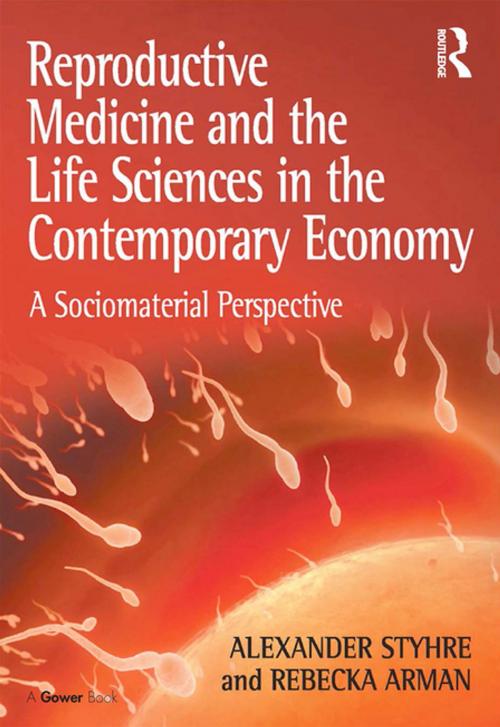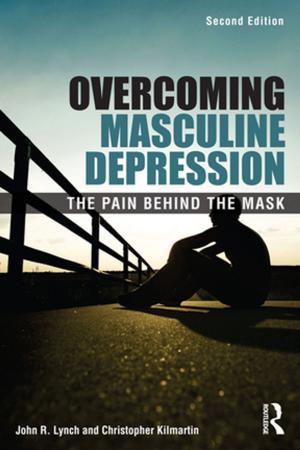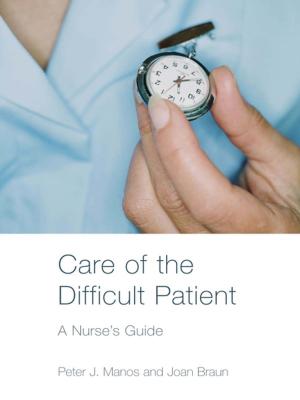Reproductive Medicine and the Life Sciences in the Contemporary Economy
A Sociomaterial Perspective
Nonfiction, Health & Well Being, Medical, Reference, Health Policy| Author: | Alexander Styhre | ISBN: | 9781317065821 |
| Publisher: | Taylor and Francis | Publication: | April 8, 2016 |
| Imprint: | Routledge | Language: | English |
| Author: | Alexander Styhre |
| ISBN: | 9781317065821 |
| Publisher: | Taylor and Francis |
| Publication: | April 8, 2016 |
| Imprint: | Routledge |
| Language: | English |
In Reproductive Medicine and the Life Sciences in the Contemporary Economy, Alexander Styhre and Rebecka Arman illuminate issues that have given rise to terms such as 'the bioeconomy' and 'the baby business'. The life sciences play an increasing role in providing services and commodities consumed by businesses and the public. Based on an in-depth study of clinics offering assisted fertilization in Sweden, this book is the first to examine the commercialization and commodification of know-how derived from the life sciences, from the point of view of organization theory. In the field of reproductive medicine there has been significant growth of both public and private clinical work. Clinics are places where individual interests and concerns and social and institutional arrangements intersect. With a front office where patients encounter various professional groups and a back office comprising the laboratories wherein human reproductive materials are handled and stored, they are more than just places in which medicine is applied in a clinical setting. Clinicians in this field actively influence policy-making and the regulatory frameworks that monitor and set the boundaries for their work. These are places where social and cultural interests and concerns are translated into policies and practice. The clinics are open social systems, responding to and influencing discussions. This book combines organization theory, sociological theory, gender theory, science and technology studies, and philosophy. It emphasises the critical importance of a sociomaterial perspective on organization, stressing how material and social resources are always of necessity folded into each other in day-to-day organizing.
In Reproductive Medicine and the Life Sciences in the Contemporary Economy, Alexander Styhre and Rebecka Arman illuminate issues that have given rise to terms such as 'the bioeconomy' and 'the baby business'. The life sciences play an increasing role in providing services and commodities consumed by businesses and the public. Based on an in-depth study of clinics offering assisted fertilization in Sweden, this book is the first to examine the commercialization and commodification of know-how derived from the life sciences, from the point of view of organization theory. In the field of reproductive medicine there has been significant growth of both public and private clinical work. Clinics are places where individual interests and concerns and social and institutional arrangements intersect. With a front office where patients encounter various professional groups and a back office comprising the laboratories wherein human reproductive materials are handled and stored, they are more than just places in which medicine is applied in a clinical setting. Clinicians in this field actively influence policy-making and the regulatory frameworks that monitor and set the boundaries for their work. These are places where social and cultural interests and concerns are translated into policies and practice. The clinics are open social systems, responding to and influencing discussions. This book combines organization theory, sociological theory, gender theory, science and technology studies, and philosophy. It emphasises the critical importance of a sociomaterial perspective on organization, stressing how material and social resources are always of necessity folded into each other in day-to-day organizing.















